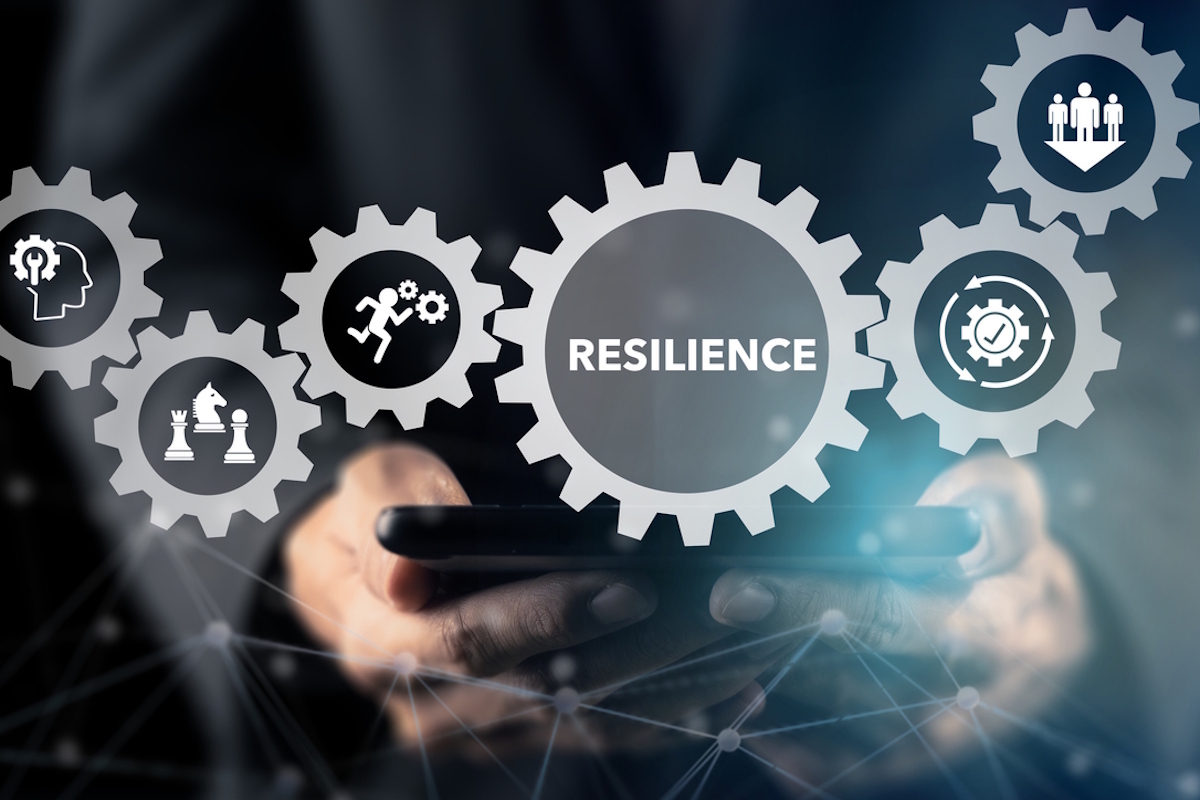Ultra-resilience: an imperative amid global market shakeups

Dieter Halfar at Elixirr explains the concept of ultra-resilience and why it’s essential for businesses
As the Trump-era trade war regains momentum and begins to take effect across global markets, one thing is clear: traditional approaches to managing volatility are outdated.
Designed for more stable economic conditions, these legacy strategies fail to account for the geopolitical uncertainty, erratic policy shifts, and rapid trade disruptions now defining global business.
The IMF’s Global Financial Stability Report has downgraded global growth forecasts and warned of further instability. In this climate, long-term planning becomes almost impossible when regulatory landscapes shift overnight. Agility alone is no longer enough—businesses now need something more: Ultra-resilience.
Ultra-resilience marks a new threshold for adaptability, where businesses prepare not for gradual change, but for disruption that unfolds within days. Building resilience in this era demands foresight, preparedness, and the capacity to pivot fast.
Moving beyond traditional resilience
The economic and political landscape has transformed. The pillars of traditional strategy—predictable demand, stable regulation, and long-term partnerships—are eroding.
Conventional resilience models assume consistent growth, fixed supply chains, and five-year plans. These tools now offer diminishing returns. Siloed decision-making, rigid forecasts, and dependence on outdated trade networks expose critical vulnerabilities.
In today’s world, short-term adaptive planning is essential—not just to survive disruption, but to seize new opportunities.
Ultra-resilience as strategy
Ultra-resilience means re-architecting your business to operate in a state of constant readiness. It’s not just a risk framework—it’s a strategy. This requires:
- Flexible, collaborative decision-making
- Real-time data analysis to inform rapid action
- Decentralised planning to empower teams to respond quickly
Supply chain restructuring is equally vital. Businesses must diversify sourcing and avoid over-reliance on any one region. The resurgence of tariffs shows that regional strategies are fragile in an unpredictable trade landscape.
Smart companies are embracing “China plus one” and nearshoring models to reduce exposure and improve responsiveness.
Ultra-resilience also means using short-term crises to pressure test strategy. If your operating model can’t flex under real-world conditions, it isn’t viable.
Digital enablement as a pillar of resilience
Technology is now the backbone of any resilient business. Real-time decision-making requires digital infrastructure that enables speed, collaboration, and insight.
AI plays a pivotal role: automating routine tasks, predicting market shifts, and powering cloud-based collaboration across geographies. These tools help reduce lag and improve responsiveness.
Digitisation also requires a talent shift. Teams must be trained to use—and adapt to—emerging technologies. But capability alone isn’t enough. Employees must be empowered to act on what they see.
If teams are trapped in outdated approval chains, technology becomes a surface-level fix. The most effective organisations treat tech as modular, user-led, and embedded in operations close to the front line.
From culture to capability: embedding ultra-resilience
Resilience isn’t a checklist—it’s a mindset. Businesses must foster cultures that prioritise speed over certainty, encourage cross-functional decisions, and operate in a way that embraces ambiguity.
To stay profitable in today’s environment, companies must assume that disruption is the norm. Ultra-resilience doesn’t replace strategy—it becomes the condition under which strategy must now function.
By embedding Ultra-resilience into the operating model, organisations can do more than survive—they can harness volatility to their advantage. In a world where change is constant, those prepared to pivot will define the next wave of progress.
Dieter Halfar is a partner at Elixirr
Main image courtesy of iStockPhoto.com and Parradee Kietsirikul

Business Reporter Team
Most Viewed
Winston House, 3rd Floor, Units 306-309, 2-4 Dollis Park, London, N3 1HF
23-29 Hendon Lane, London, N3 1RT
020 8349 4363
© 2025, Lyonsdown Limited. Business Reporter® is a registered trademark of Lyonsdown Ltd. VAT registration number: 830519543





